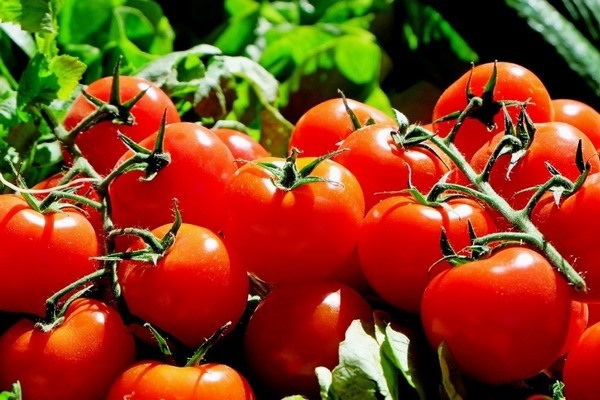An agricultural outlook report has detailed that Morocco will continue its role as a principal supplier of fresh tomatoes to the European Union, spanning the forecast period between 2024 and 2035. The report indicates a shift in the EU's agricultural market dynamics, with an anticipated increase in imports of fresh fruits and vegetables, contrasted by a decrease in exports. This adjustment is attributed to the introduction of new varieties tailored to meet the global consumer preferences, except for apples whose EU exports are predicted to rise by 0.6% annually, reaching 1.1 million tons by 2035.

However, the export figures for fresh tomatoes, peaches, and nectarines from the EU are expected to see a downturn. Orange exports are forecasted to remain constant. The report attributes the decline in apple exports to the availability of high-quality new varieties domestically. In contrast, the demand for EU-imported tomatoes is projected to grow by 0.6% annually, with Morocco maintaining its status as the primary source. The export of processed tomatoes from the EU is anticipated to stay stable, driven by robust global demand.
The increasing reliance on Moroccan tomatoes has sparked discontent among European farmers, who argue that Morocco's dominance in the market undermines competition, claiming that the country benefits from an unfair advantage. This discontent has led to protests, including road blockages and attacks on Moroccan vegetable transport trucks in February. According to May data from the European Commission, Morocco accounted for a 65% share of the EU's total tomato imports last year.
To view the full report, click here.
Source: Morocco World News
